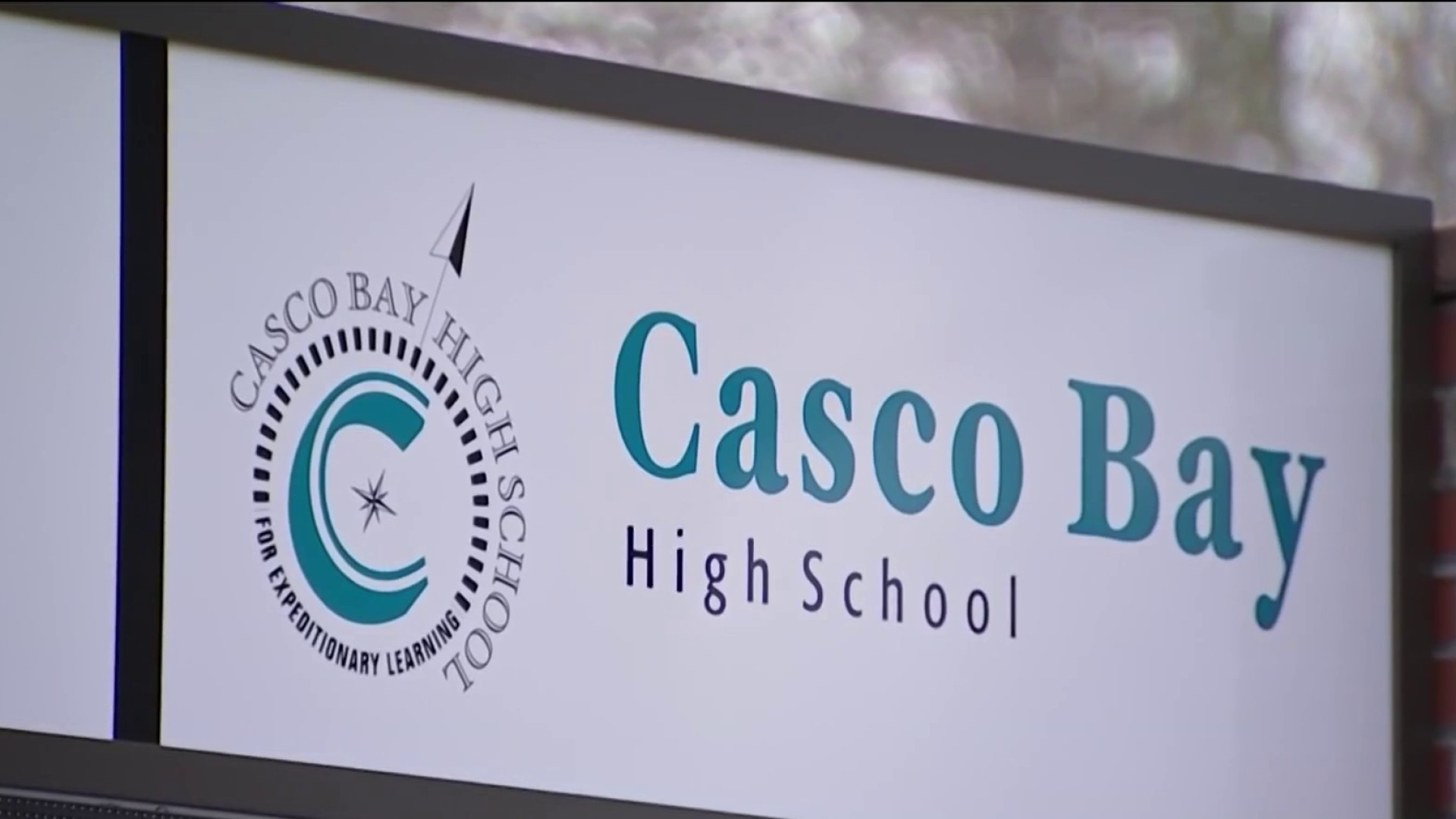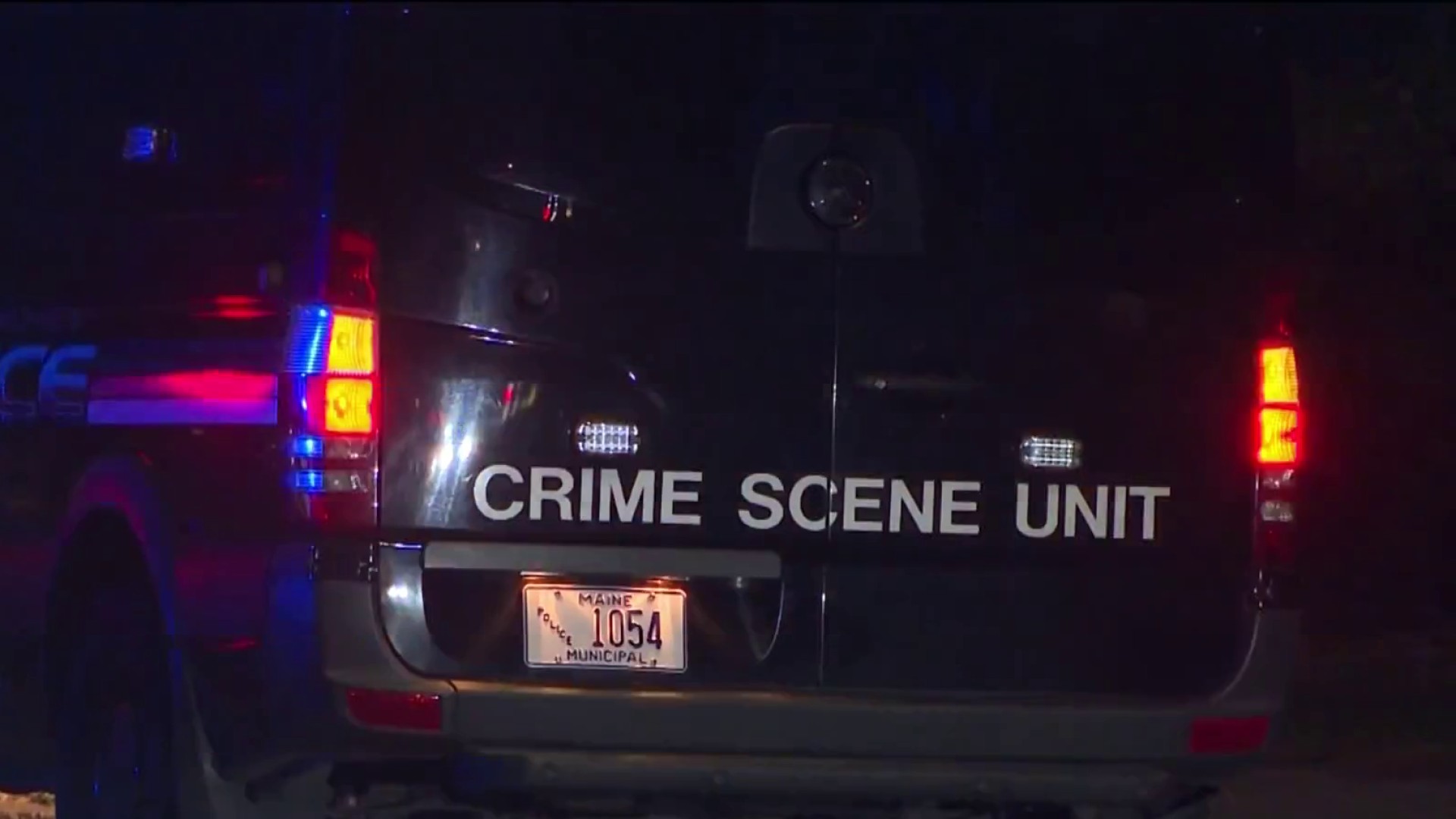A $474 million winter heating relief proposal that would provide $900 checks to most families will be considered by lawmakers as emergency legislation, Democratic Gov. Janet Mills announced Tuesday.
On Wednesday, Maine lawmakers in the state legislature took up a plan negotiated by the state’s governor, Janet Mills, and bipartisan lawmakers that would send direct payments of $450 to approximately 880,000 individuals living in Maine as emergency relief for high heating and electricity bills. It would add up to $900 total for an average family.
Mills said it’s important for lawmakers to make the legislation their first priority after she swears them in on Wednesday.
“Inflation and high energy prices are stretching the wallets of Maine people, in some cases forcing them to face the impossible choice of heating their homes, putting food on the table, or paying for other necessities,” she said.
The plan would also shore up energy assistance programs and an emergency fuel fund with tens of millions of additional dollars.
“We can make sure people can turn the heat on,” said Troy Jackson, Maine’s Senate president, in remarks to newly sworn-in legislators on Wednesday.
As of Wednesday afternoon, legislators were still deliberating the plan.
If passed and signed by Mills, the direct payments are expected to be sent out by the state in mid-January.
Lawmakers were consulted on the proposal, and their feedback was included. A two-thirds majority vote would be necessary for the bill to go into effect immediately, allowing checks to be mailed next month, the governor said. Income limits are $100,000 for single adults, $150,000 for those filing as head of household, or $200,000 for couples filing jointly.
In addition to relief checks, the bill would provide $40 million to bolster a federal heating assistance program, keeping state benefits at the previous year’s level, and another $10 million for emergency heating oil purchases to prevent people from running out.
A further $21 million would be used to bolster an existing emergency housing relief fund to prevent people from experiencing homelessness this winter.
More than half of the funding for the proposal would be courtesy of rosier-than-expected revenue projections to the tune of $283 million for the current fiscal year, the governor said.
Lawmakers made a similar move last year, using about half of the state’s $1.2 billion surplus to send refund checks to about 850,000 taxpayers for inflation relief.



